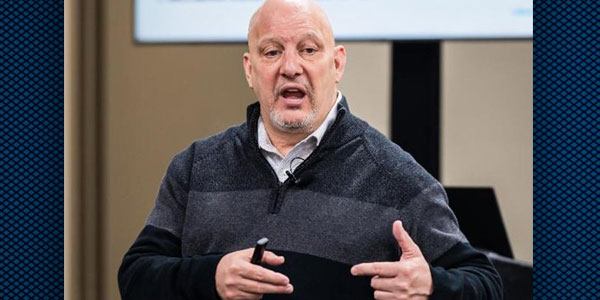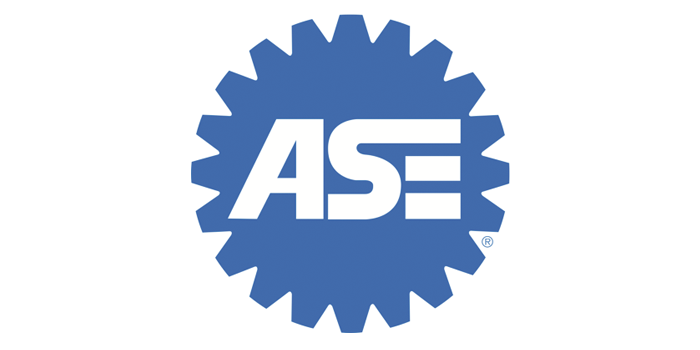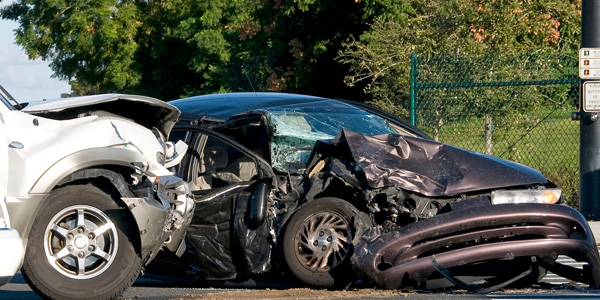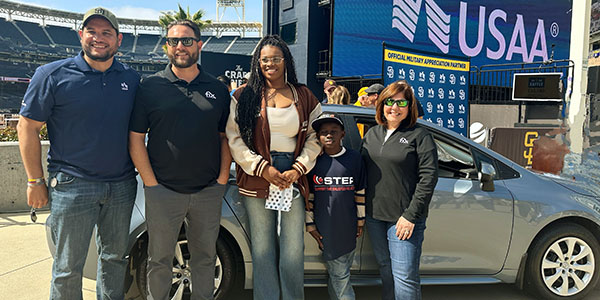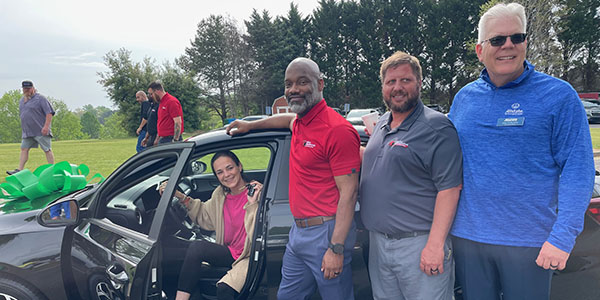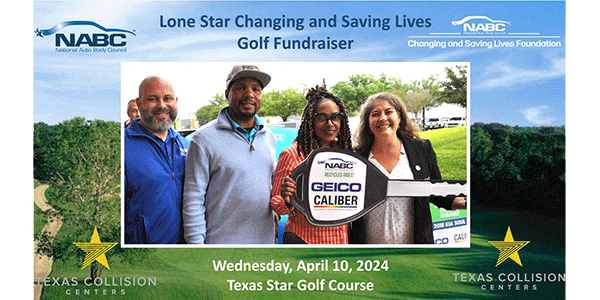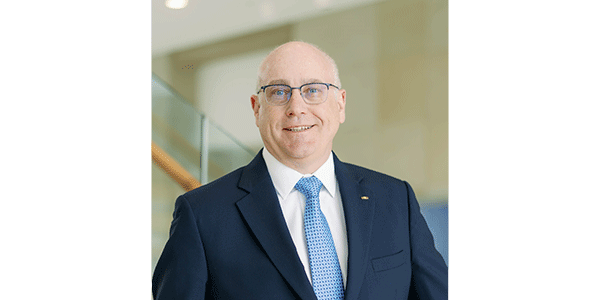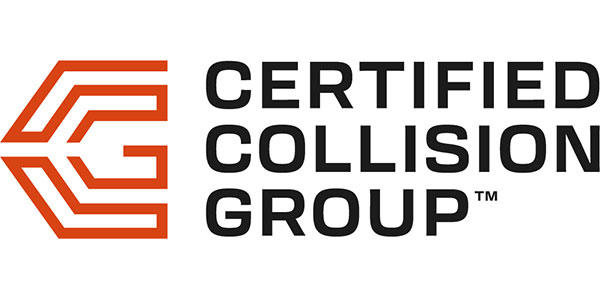According to the recent J.D. Power 2020 U.S. Auto Insurance Study, insurance company websites – for the first time in the study’s 21-year history – officially surpassed agents in terms of importance to client interaction and service by providing higher customer satisfaction.
“We’ve seen this trend developing for several years, but this is the first time that the digital channel has become the preferred means of interacting with auto insurers, exceeding one-on-one communication with agents,” said Robert Lajdziak, senior consultant for insurance intelligence at J.D. Power. “This has huge implications for the industry because it puts the focus squarely on digital investment to notably expand creating seamless customer touch points. It’s an area in which the major national carriers excel, versus hyper-local, albeit knowledgeable, agent networks.”
Following are some of the key findings of the 2020 study:
- Digital investments pay dividends: Customer experience with auto insurer websites contributes more to satisfaction than agents, accounting for 34% of an insurer’s total interaction score. That’s one percentage point higher than in the agent channel, which accounts for 33% of total interaction satisfaction. This trend toward increased reliance on the digital channel and decreased reliance on the agent channel has been building steadily for more than a decade.
- Record high satisfaction driven in part by digital: Overall customer satisfaction with auto insurers improves in 2020 to a record high of 835 (on a 1,000-point scale). National carriers such as GEICO, State Farm and Allstate have earned some of the most significant gains, together ranking highest in six of the 11 regions in the study, aided by the growth of their digital channels.
- Trust is critical, but insurers have work to do: There is a strong correlation between scores for trust and those for overall satisfaction. On average, a one-point increase in trust (on a 5-point scale) would correlate with a 118-point increase in overall satisfaction. Despite the importance of trust, only 42% of all auto insurance customers say they “strongly agree” that they trust their insurer. By fulfilling service expectations and putting customers’ interests first, among other customer-centric initiatives, insurers can succeed in this critical-to-retention metric.
- Loyalty heavily influenced by claim history: Customers are least likely to renew their policies when part of an insurance claim is denied. Conversely, when customers have experienced a claim that was fully approved and settled, satisfaction is significantly higher and generates the greatest likelihood of renewal. What’s more, those customers who experienced sub-optimal claim outcomes and remained with their carrier were more diligent about understanding their policy and what it covers going forward.
Following are the highest-ranking auto insurance brands by region:
- California: Wawanesa
- Central: Auto-Owners Insurance
- Florida: Allstate
- Mid-Atlantic: State Farm
- New England: Amica Mutual
- New York: State Farm
- North Central: GEICO
- Northwest: GEICO
- Southeast: Farm Bureau Insurance—Tennessee
- Southwest: American Family and GEICO (in a tie)
- Texas: Texas Farm Bureau
The 2020 U.S. Auto Insurance Study, now in its 21st year, examines customer satisfaction in five factors (in alphabetical order): billing process and policy information; claims; interaction; policy offerings; and price. The study is based on responses from 40,123 auto insurance customers and was fielded in February-March 2020.
For more information about the U.S. Auto Insurance Study, click here.

